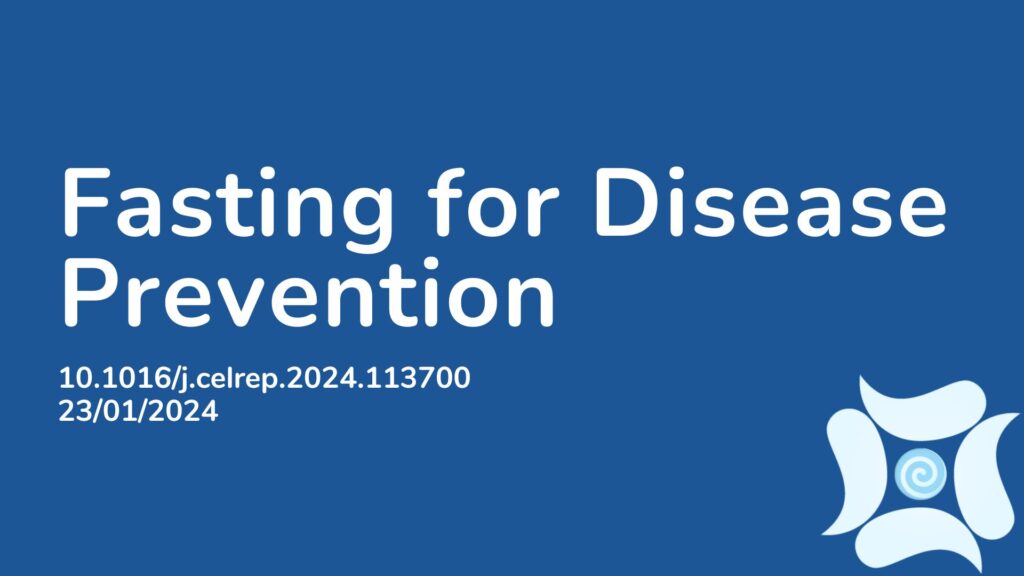Summary:
The onset of the COVID-19 pandemic caused significant disruptions to the daily lives of children and families in the United States, including school closures, reduced outdoor activities, decreased social interactions and altered hygiene practices. There is growing belief that it may have had profound effects on children’s physiology, particularly concerning the development of their gut microbiome. Early in life, the gut microbiome is highly susceptible to environmental factors such as hygiene, nutrition and stress, all of which were influenced by the pandemic. Changes in the composition and diversity of the gut microbiome during this period have been linked to various physical and mental health outcomes across the lifespan. Therefore, understanding how pandemic-related environmental shifts may have affected infants’ gut microbiomes is crucial. In this study, the authors analyzed microbiome data from infants collected before and after the pandemic. The study revealed that during the pandemic, infants had reduced diversity in their microbiome, including specific species of bacteria, compared to infants before the pandemic. These findings offer compelling evidence that the environmental changes brought about by the pandemic had a negative impact on the overall diversity of the developing gut microbiome and the abundance of specific microbes.
Abstract:
The COVID-19 pandemic and resulting public health directives led to many changes in families’ social and material environments. Prior research suggests that these changes are likely to impact composition of the gut microbiome, particularly during early childhood when the gut microbiome is developing most rapidly. Importantly, disruption to the gut microbiome during this sensitive period can have potentially long-lasting impacts on health and development. In the current study, we compare gut microbiome composition among a socioeconomically and racially diverse group of 12-month old infants living in New York City who provided stool samples before the pandemic (N = 34) to a group who provided samples during the first 9-months of the pandemic (March–December 2020; N = 20). We found that infants sampled during the pandemic had lower alpha diversity of the microbiome, lower abundance of Pasteurellaceae and Haemophilus, and significantly different beta diversity based on unweighted Unifrac distance than infants sampled before the pandemic. Exploratory analyses suggest that gut microbiome changes due to the pandemic occurred relatively quickly after the start of the pandemic and were sustained. Our results provide evidence that pandemic-related environmental disruptions had an impact on community-level taxonomic diversity of the developing gut microbiome, as well as abundance of specific members of the gut bacterial community.
Article Publication Date: 16/08/2023
DOI: 10.1038/s41598-023-40102-y



